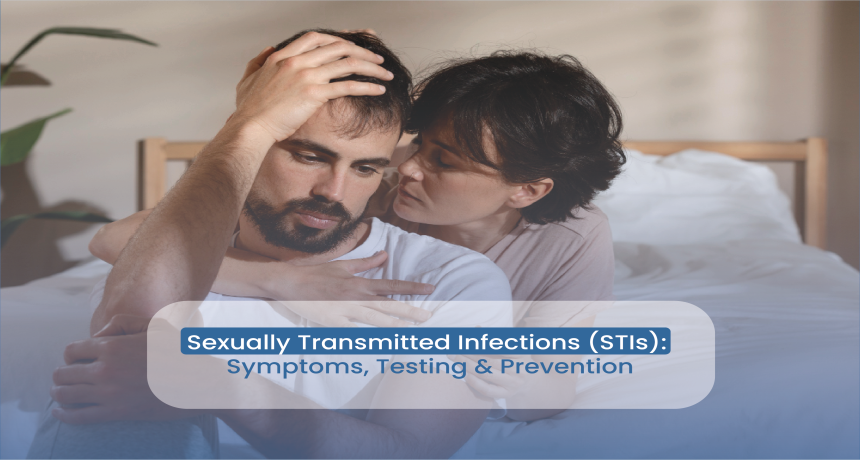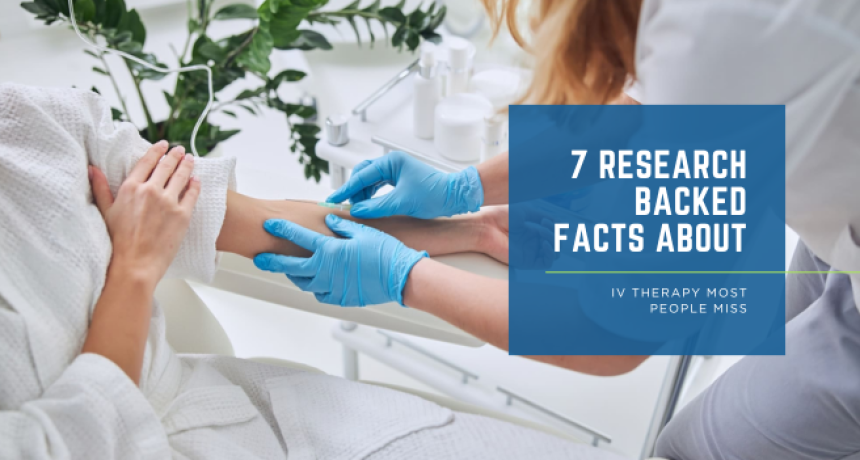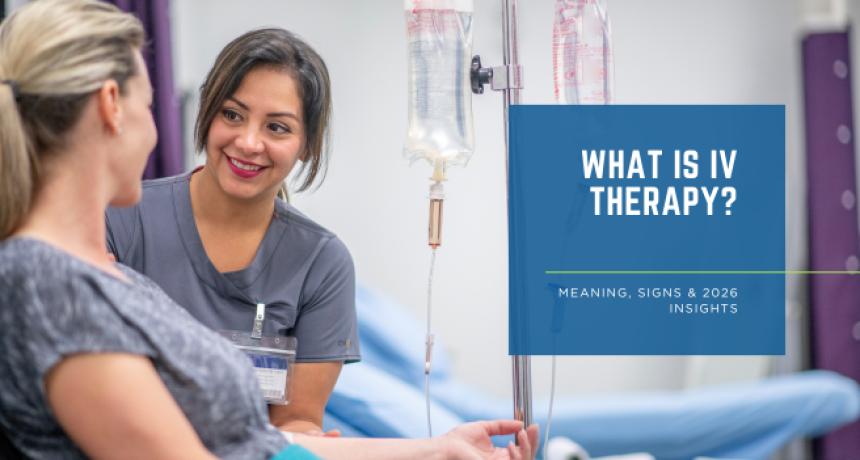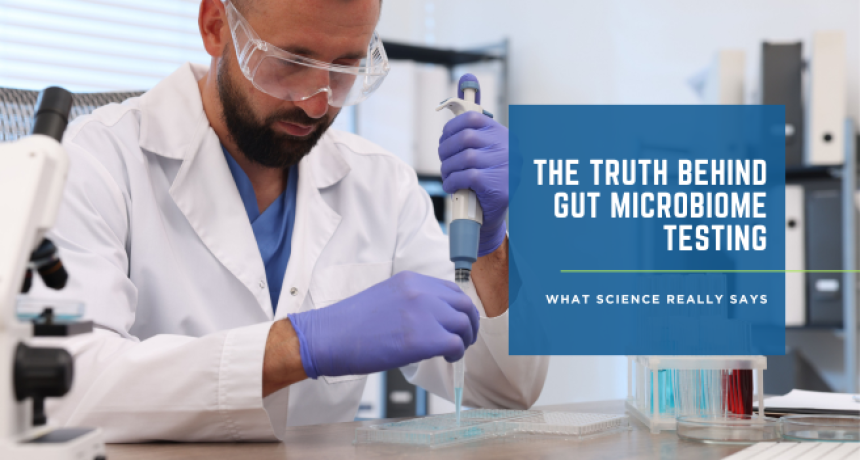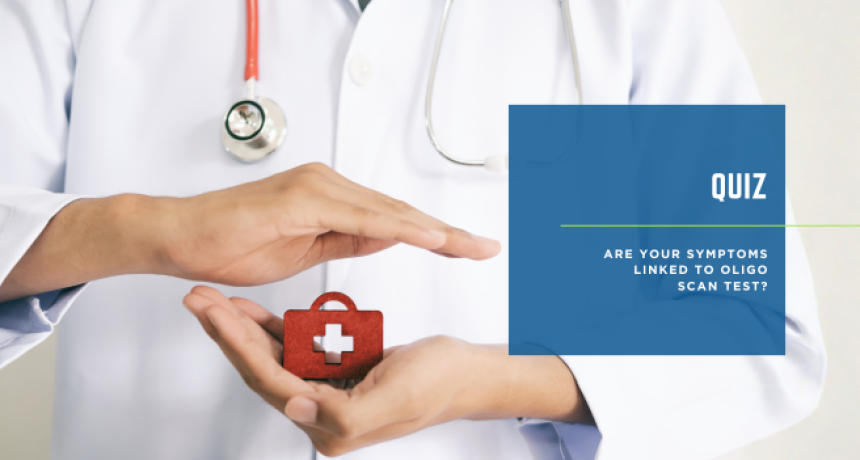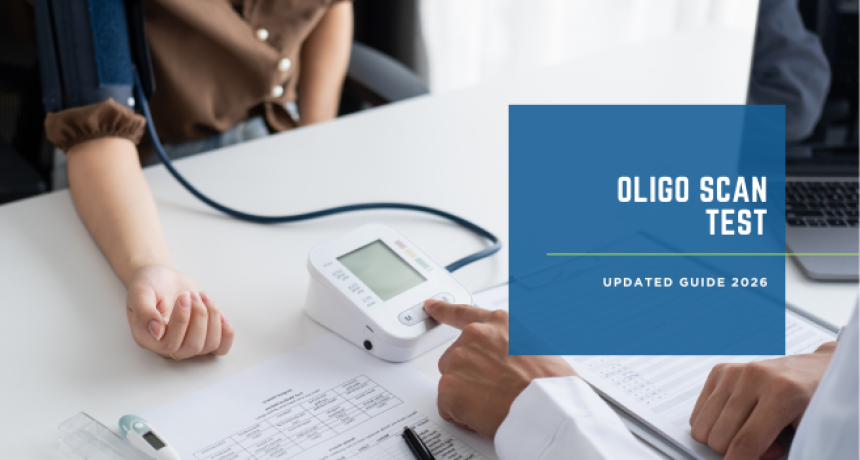Sexually Transmitted Infections (STIs): Symptoms, Testing & Prevention
2025-07-15 Sexual health, just like physical health, mental health, or emotional health, is an important part of health. Yet, for many people, talking about STIs (or sexually transmitted infections) feels confusing or uncomfortable. Let's change that. In this comprehensive guide, you'll learn: Common STIs and their symptoms Early symptoms of HIV How to protect yourself and your partner(s) Testing options How to challenge the stigma to take control of your health Let's start at the beginning- and build on that from here. While these two terms are used interchangeably, they can mean separate things: STI (Sexually Transmitted Infection) - concerns the presence of an infection in the body. You may have an infection without any symptoms and still be contagious. STD (Sexually Transmitted Disease) - refers to the point that there is an infection and the infection is causing symptoms or health complications when it becomes a "disease". Using the word "STI" is ultimately the most accurate because a lot of people can have infections and never know it. Here’s a deeper look at the most common STIs, including what causes them, how they spread, and what to watch for. Symptoms (if present): Painful urination, abnormal discharge, lower belly pain, bleeding between periods Silent in 70–80% of women It can cause infertility if left untreated. Treatment: Antibiotics (easily curable) May infect the genitals, anus, or throat Symptoms: Discharge, burning urination, pelvic pain Can lead to PID (Pelvic Inflammatory Disease) and infertility Treatment: Antibiotics (some strains are drug-resistant) Stage 1: Painless sore (chancre) Stage 2: Rash, fever, fatigue Stage 3: Heart, brain, and nerve damage (if untreated) Treatment: Penicillin injection (highly effective) Over 100 strains; some cause warts, others cause cancer Most sexually active people get HPV at some point. Symptoms: Often none, sometimes genital warts Prevention: HPV vaccine (recommended for ages 9–26) Treatment: No cure, but vaccines and screening (Pap smear) can prevent complications Symptoms: Painful blisters/sores on genitals or mouth, itching, flu-like symptoms Transmitted via skin-to-skin contact, even without visible sores Lifelong but manageable with antiviral medications Many people have herpes and don’t know it Weakens immune system by attacking white blood cells Symptoms: Flu-like illness in the first few weeks, then often none for years Without treatment, leads to AIDS Treatment: Antiretroviral therapy (ART) can control the virus People with HIV can live long, healthy lives with proper care Caused by a microscopic parasite Symptoms: Discharge, itching, strong odor, painful urination More common in women Treatment: Single-dose antibiotics Hepatitis B and C - These are liver infections that are spread by sex or blood and are vaccine-preventable (Hep B only). Molluscum contagiosum - This is a viral skin infection that is spread through skin contact. Pubic lice ("crabs") - These are parasitic insects that live on pubic hair and cause itching. Many people with early-stage HIV don’t realize it. Symptoms often occur 2–6 weeks after exposure and may include: Fever Sore throat Swollen lymph nodes Body aches Rash Night sweats Mouth ulcers After this stage, HIV can lie dormant for years. Without treatment, it can weaken the immune system, which can put you at risk for infections and illnesses. Getting tested early could mean better health and a longer life. Use condoms or dental dams every time you have vaginal, oral, and anal sex. Condoms made of either latex or polyurethane are best for the prevention of sexually transmitted infections. HPV Vaccine (Gardasil 9) - Protects against nine strains, including those that cause warts and cancer. Hepatitis B Vaccine - Offers protection against a serious liver infection for life. More partners mean more risk. Try to limit sexual partners to those who only have sexual partners who also only have you (monogamous partners). Talk to your partner(s) about each other's STI statuses, previous testing, and protection. Make it a no-shame or blame space. Regular testing helps in early detection of possible infections, even in the absence of symptoms. If you're sexually active, you should be tested between every six months to every year, or maybe sooner, with multiple sexual partners. Places to get tested: Sexual health clinics Government or private hospital Family planning clinics Youth wellness non-profit organizations At-home test kits (for chlamydia, HIV, etc...) What the test may consist of: Urine sample Blood sample Swab (vaginal, rectal, or throat) Physical examination (if symptoms are present) Most test results return in 1-7 days, and rapid HIV tests can return a result in under 20 minutes. Receiving a diagnosis of an STI can be frightening. But remember this one important thing: You are not dirty or irresponsible. STIs are common and treatable. You are not defined by your diagnosis. There are people, treatment, and a way forward. If you are experiencing anxiety, depression, or are feeling overwhelmed by your diagnosis, please seek help from a doctor, counselor, or support group. Your emotional well-being is important too. Yes, these discussions can be uncomfortable, but they are also empowering and responsible. Here are some ways to make it easier: Be calm and honest: "Before we get more intimate, I want us to talk about sexual health." Suggest testing together Share your testing history non-judgmentally Use "I" statements: "I care about both of us being safe." Great partners will respect your honesty. Young individuals (ages 15-24) account for nearly half of all new cases of STIs globally. However, most of them do not receive clear, developmentally appropriate information. We must normalize: Regular STI testing Consent-based conversations Condom use Vaccines such as HPV Respect for personal boundaries Sexual health shouldn't be about fear. Sexual health clinic in delhi is about education, empowerment, and being in control of the decisions you make about your body and your future. You may be sexually active, newly exploring your options, or simply supporting a friend—but the more you know, the better prepared you are for protection at L&B Clinics in Delhi. STIs are common, and many STIs are silent. Testing is safe, quick, confidential and lifesaving. Most STIs are curable; all STIs are treatable. Use protection. Vaccinate. Talk. Your body is your body to protect. You deserve consistent care, reliable information, and access to testing. Take charge. Get tested. Be safe.What’s the Difference Between STIs and STDs?

List of Common STIs (With Symptoms)
1. Chlamydia (Bacterial)
2. Gonorrhea (Bacterial)
3. Syphilis (Bacterial)
4. HPV (Viral)
5. Herpes (HSV-1 and HSV-2)
6. HIV (Viral)
7. Trichomoniasis (Parasitic)
Less Common but Serious STIs to Know
HIV: Early Symptoms and Why Testing Matters
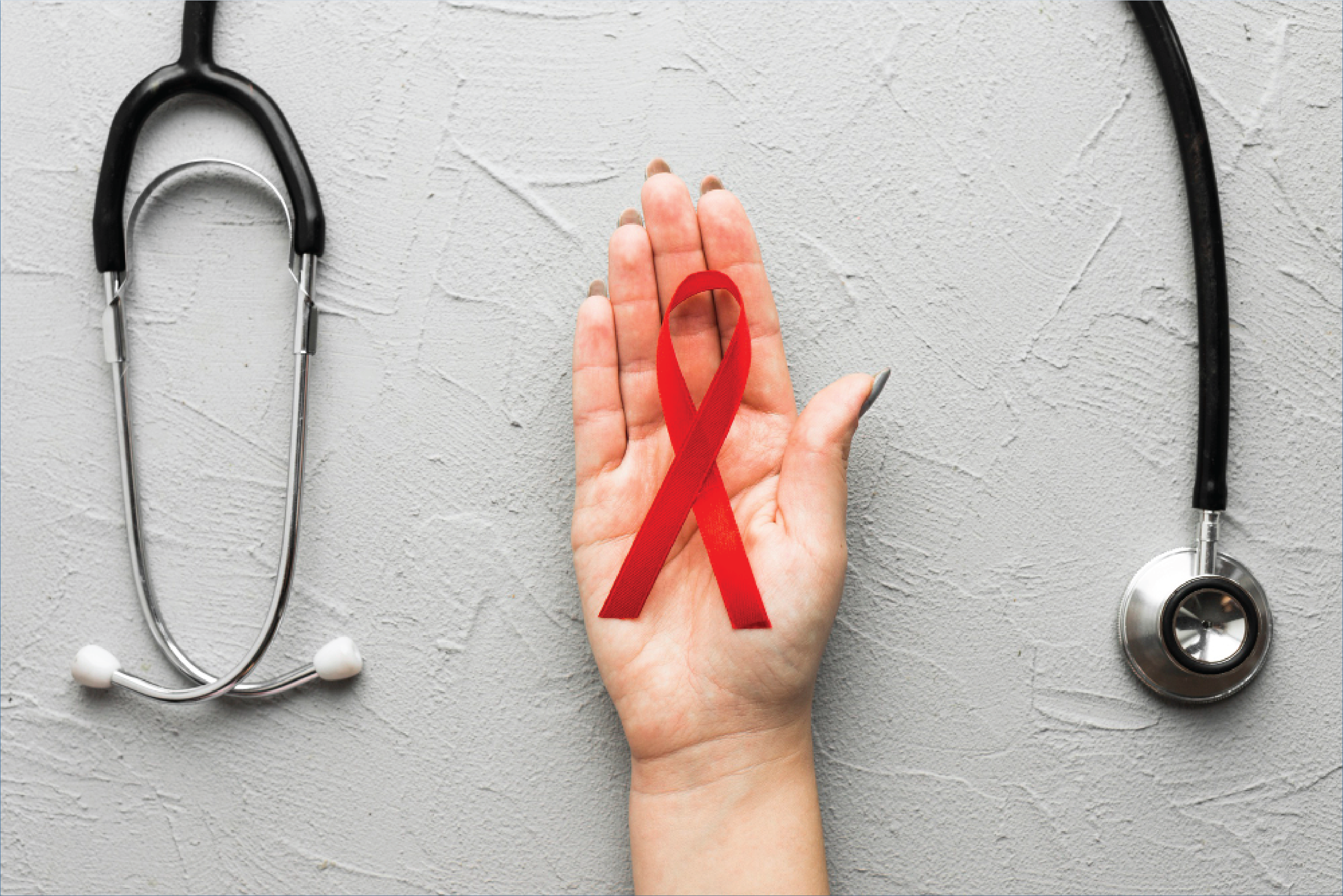
STI Prevention Tips (That Actually Work)

1. Always Use Barrier Protection
2. Get Vaccinated
3. Limit Your Number of Partners
4. Communicate Openly
5. Get Tested Regularly
How to Get Tested for STIs (And What It’s Like)
How STIs Can Affect Mental and Emotional Health
How to Talk to a Partner About STIs
Why Youth & Teens Need STI Awareness Too

Final Words: Knowledge Is Power, Protection Is Self-Respect
Summary:
.png)
